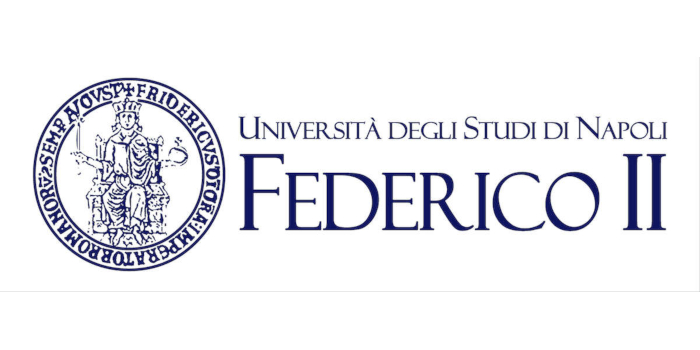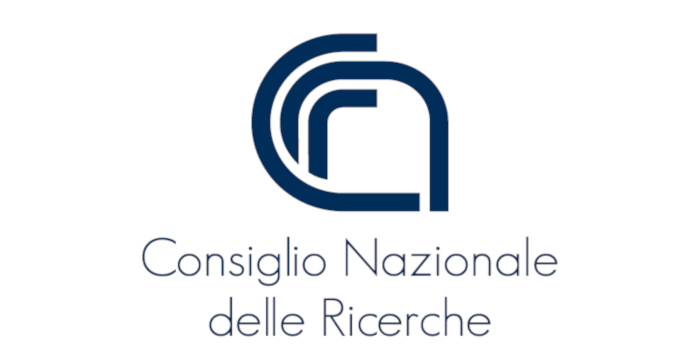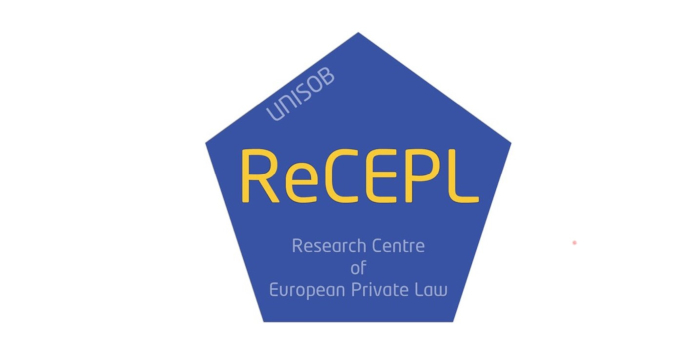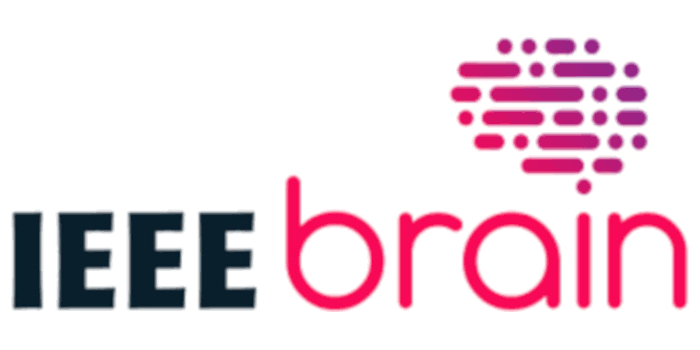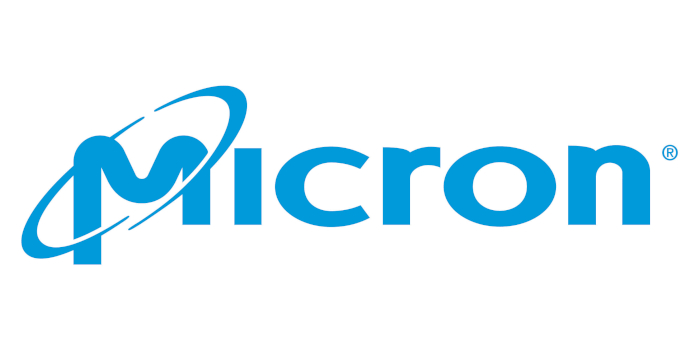Motor Imagery - based Brain-Computer Interfaces : improving user performance to go beyond the laboratory
ORGANIZED BY

Fabien Lotte
Inria Bordeaux Sud-Ouest / LaBRI (Univ. Bordeaux / CNRS / Bordeaux INP), France
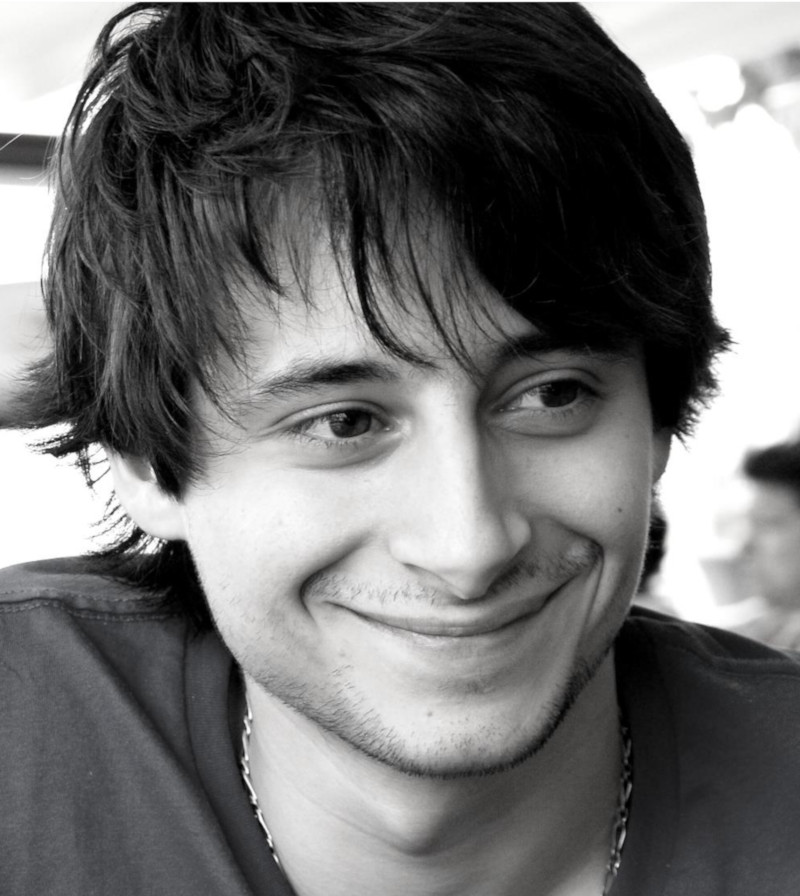
Sébastien Rimbert
Inria Bordeaux Sud-Ouest, France
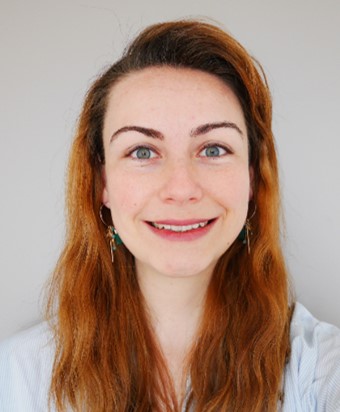
Léa Pillette
INCIA / Univ. Bordeaux / CNRS, France

Camille Jeunet
INCIA / Univ. Bordeaux / CNRS, France
ABSTRACT
Brain-computer interfaces (BCI) are communication and control systems that enable end-users to interact with a computer using modulation of brain activities, usually measured with electroencephalography (EEG) signals. One of the most prominent types of BCI is Motor Imagery (MI)-based BCI, which allows users to control a system by performing MI tasks, e.g., imagining hand or foot movements, often detected from EEG signals. Indeed, movement execution and imagination activate similar neural networks, enabling the MI-based BCI to exploit the modulation of SensoriMotor Rhythms (SMRs) over the sensorimotor cortices. These MI-based BCIs open up promising fields, particularly to control assistive technologies, for intraoperative awareness detection, for sport or e-sport training, or even for post-stroke motor rehabilitation.
While they are very promising for numerous applications, MI-BCIs remain barely used outside laboratories, notably due to their lack of robustness and usability. Indeed, the performance of MI-BCIs varies across different users and different experiments and 15 to 30% of users seem unable to gain control of an MI-BCI, a phenomenon sometimes called BCI illiteracy/deficiency. A variation in the nature or quality of the brain inputs can affect the overall quality of the BCI, and therefore the corresponding user experience, and vice versa, creating a potential mutual degradation of the BCI-loop.
In such a context, it is important to improve user performance with MI-BCI by both providing new methods for BCIs to better detect the user-generated brain modulations, but also by enhancing users’ ability to perform the mental tasks necessary to control the BCI. Therefore, this special session will host contributions on both human factors and machine learning research that could enable MI-BCI to be used beyond the laboratory in the future. Applications of MI-BCIs that are already explored outside the laboratory or could be in the near future are also welcome.
TOPICS
The list of topics includes (but it is not limited to) the following:
- Solutions for enhancing the accuracy and robustness of MI-BCIs;
- Proposition of new machine learning-based classification methods for MI;
- Study of human factors (e.g., mastery of the task, acceptability of the BCI, cognitive and emotional states, user training, subjective perception of continued use of the interface) in MI-BCI
- Applications and clinical studies of MI-BCI.
- Enhancement of the experimental reproducibility of MI-BCI research;
- Investigation of within- and between-subject and session variabilities in MI-BCI studies.
ABOUT THE ORGANIZERS
Fabien Lotte is a research director (DR2) at Inria Bordeaux Sud-Ouest. He holds a PhD (INSA Rennes, 2008) and an Habilitation to Supervise Research in Computer Science (Univ. Bordeaux, 2016). Fabien Lotte is a specialist in BCI and EEG signal processing. He is a member of the editorial boards of several leading journals on BCI (Brain-Computer Interfaces, Journal of Neural Engineering, IEEE Transactions on Biomedical Engineering), a specialty chief editor of Frontiers in Neuroergonomics: Neurotechnology and Systems Neuroergonomics and co-edited two books on the subject in 2016 and 2018. He notably coordinated the ANR REBEL project (2016-2019) and is coord inating the ERC Starting Grant BrainConquest project (2017-2022), both on BCI. He has published more than 175 papers in this field, which have received more than 11 800 citations in total.
Sébastien Rimbert is a post-doc at Inria Bordeaux Sud-Ouest (in the ERC project BrainConquest). He obtained his PhD in computer science at LORIA (Nancy, 2020). In his thesis, he was the first to design a BCI based on Median Nerve Stimulatiuon, and to show its potential for the detection of accidental awareness during general anesthesia. His multidisciplinary work has resulted in more than 25 articles in the fields of brain-computer interfaces, neuroscience and psychology. Finally, he recently received a "Best student paper award" for his thesis work at the IEEE SMC 2020 conference.
Léa Pillette received her PhD degree in Computer Science from the University of Bordeaux and Inria, France, in 2019. She is currently in post-doc at INCIA in Bordeaux, France. Her thesis and post-doctoral research have in common the aim of designing new technological approaches with applications to major public health issues. During her PhD, she focused on the feedback provided to users during BCI user training. She made several contributions to assess how the profile of users, for example their autonomy, influences the type of feedback to be provided. For example, her early work reveals the importance of a social and emotional dimension in the content of feedback. She is currently w orking on the usability and acceptability of BCI-based therapies for motor rehabilitation of people with Parkinson’s disease.
Camille Jeunet received her PhD in Cognitive Sciences in 2016 at the University of Bordeaux, France. After a post-doctoral fellowship in Inria (Rennes, France) and EPFL (Geneva, Switzerland), she was recruited as a tenured CNRS Research Scientist. She first joined the CLLE lab in Toulouse in 2018. In 2021, she has rejoined the institute for cognitive and integrative neurosciences (INCIA) in Bordeaux, where she leads an interdisciplinary research on the use of EEG neurofeedback to improve or restore cognitive and motor abilities, both for clinical (stroke patients and patients with Parkinson disease) and non-clinical (athletes) populations. She is particularly interested in studyi ng the learning mechanisms underlying neurofeedback training as well as the acceptability of neurofeedback procedures and BCI technologies. Camille Jeunet has received 3 PhD awards, the European Label as well as several national fundings for her research. Since 2017, she is a board member of the French BCI association, CORTICO.


